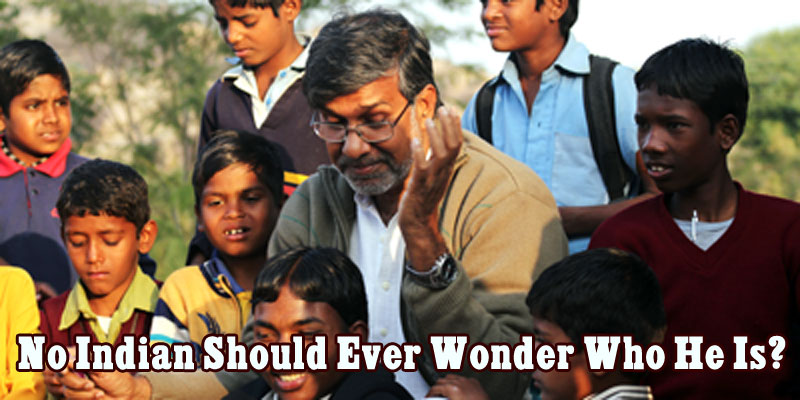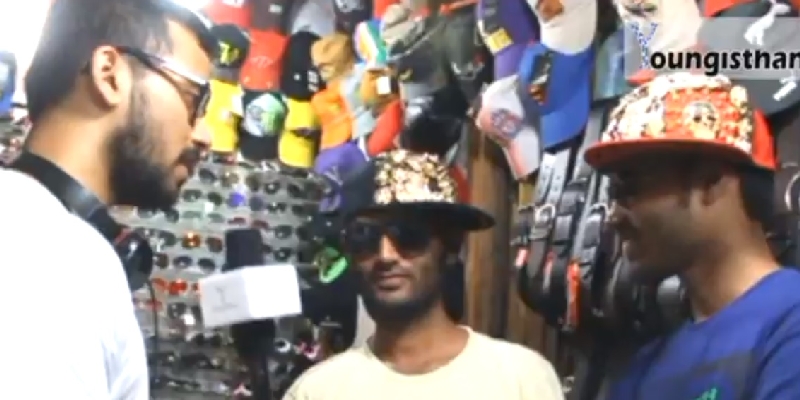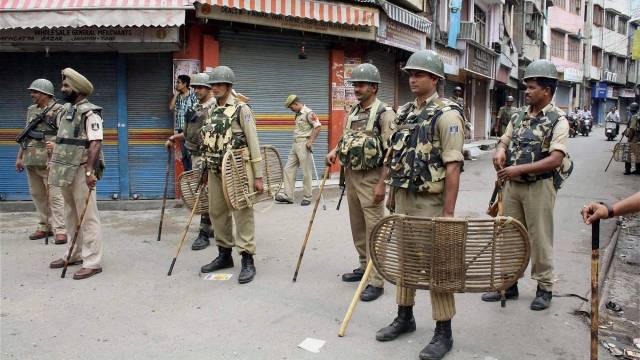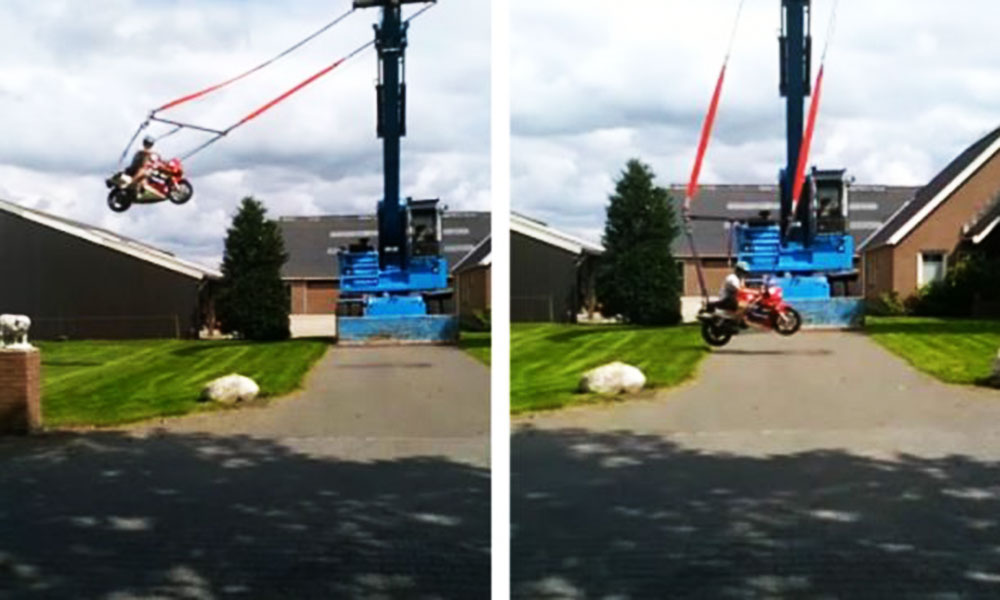Satyarthi is the silent crusader in the country who works for the rights of the children.
When Kailash Satyarthi’s name was announced as the joint winner of Nobel Peace Prize with Pakistani Malala Yousafzai, people were happy and felling proud because it was a fellow Indian. But the irony was they knew more about Pakistani Yousafzai than about Satyarthi. The question that floated around was: Who is he?
Satyarthi is the silent crusader in the country who works for the rights of the children.
He has been working for child rights for more than three decades. Several prestigious awards have been conferred on him, including Defenders of Democracy Award (2009-US); Alfonso Comin International Award (2008-Spain) and Medal of the Italian Senate (2007-Italy), Robert F Kennedy International Human Rights Award (USA), Aachener International Peace Prize (Germany), Fredric Ebert International Human Rights Award (Germany) etc.
It is this list of laurels that has more foreign names than Indian ones and that is the precise reason that people did not know him much in his home country.
Satyarthi was born in Vidisha, a small town in Madhya Pradesh in 1953.
An electrical engineer by training, Satyarthi was teaching in a college in Bhopal after completing his studies in his hometown of Vidisha in Madhya Pradesh before he decided to shift to New Delhi in 1977. There he worked with a publisher of Arya Samaj Literature and later married his daughter.
In 1980, Satyarthi founded his Bachpan Bachao Andolan and began working closely with the Bandhwa Mukti Morcha of Swami Agnivesh to free up bonded labourers in the brick kilns of Haryana. Satyarthi rescued many children from the dingy streets of Mirzapur and Benaras working in the carpet industry and doing harmful zari work.
In 1994, he founded a group now known as Goodweave, which certifies child-labor-free rugs and provides assistance to rescued and at-risk children.
Satyarthi and his Bachpan Bachao Andolan has been very active in strengthening the legal rights of children who are forced to work or trafficked. It was on the intervention of the Bachpan Bachao Andolan that the Delhi High Court directed police to compulsorily register all cases of missing children. The Supreme Court later extended this direction to the whole of India.
It was through the efforts of Bachpan Bachao Andolan that the placement agencies were directed by the courts to maintain a register to keep a record of the salaries of working children and the commission that agencies charged.
The work of Satyarthi and Bachpan Bachao Andolan does not end there. The organization also tries to rehabilitate rescued children and enrolls them in schools making them self-reliant too.
Today, in addition to his trademark organization Rugmark, Kailash heads the Global March Against Child Labor, a conglomeration of 2000 social-purpose organizations and trade unions in 140 countries.
According to agencies, in 1998, Satyarthi was chairman of a global march against child labor that wound through more than 60 countries around the world. Children rescued from jobs in Asia, Africa and Latin America were among more than 1,000 people who ended the march in Geneva, at a conference of the International Labor Organization. A year later, the ILO approved an accord designed to protect children from jobs that expose them to danger or exploitation.
Satyarthi was awarded Nobel for his “exemplary work in defending child rights”.





